Weapons:
• One "Blöde Riesige Bombe"
• Two Guns
• One Cannon
Takeoff:
•Throttle-14% - until it takes flight you can slowly increase the speed.
•You will need Trim and Flaps
Messerschmitt Bf-109
The Messerschmitt Bf 109, often referred to as the Me 109, is a multi-role fighter aircraft manufactured in Germany. Designed by Willy Messerschmitt and Robert Lusser in the 1930s, it was given the designation Bf 109 by the Reich Ministry of Aviation to represent the development company Bayerische Flugzeugwerke, which had been renamed Messerschmitt after being purchased by Willy Messerschmitt. It was one of the first truly modern fighters, including features such as an all-metal fuselage, enclosed cockpit and retractable landing gear, and was powered by a liquid-cooled inverted V12 engine.
The Bf 109 first saw operational service during the Spanish Civil War and continued in service at the dawn of the jet age at the end of World War II, during which it was the backbone of the Luftwaffe's fighting force, being steadily supplemented from 1941 by the Focke-Wulf Fw 190. After the war, it continued to see service with the Spanish, Israeli, Czechoslovak, Yugoslav and Swiss air forces.
Originally designed as an interceptor, later models were developed to fulfill almost every imaginable role, serving as a bomber escort fighter, fighter-bomber, day and night fighter, all-weather fighter, air-to-ground attack and reconnaissance aircraft. Due to its versatility and performance, the BF 109 was the most produced fighter in history, with a total of 34,984 aircraft produced.
Gallery:
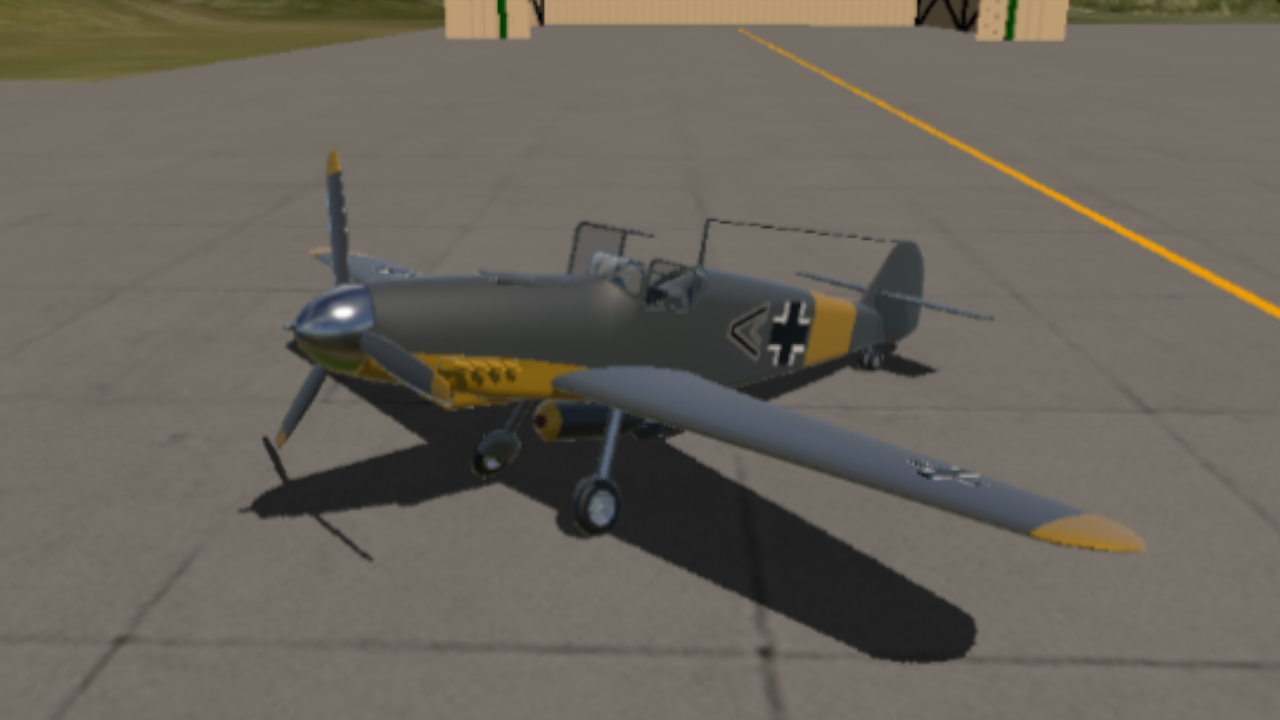
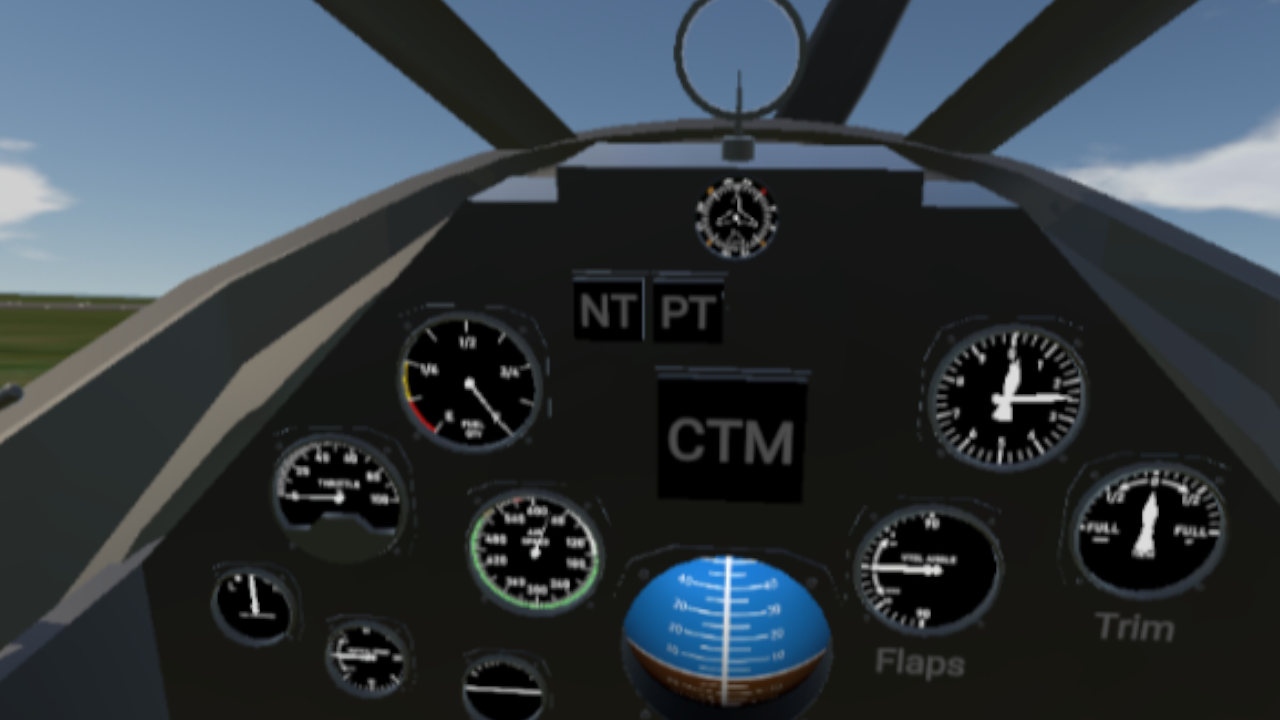
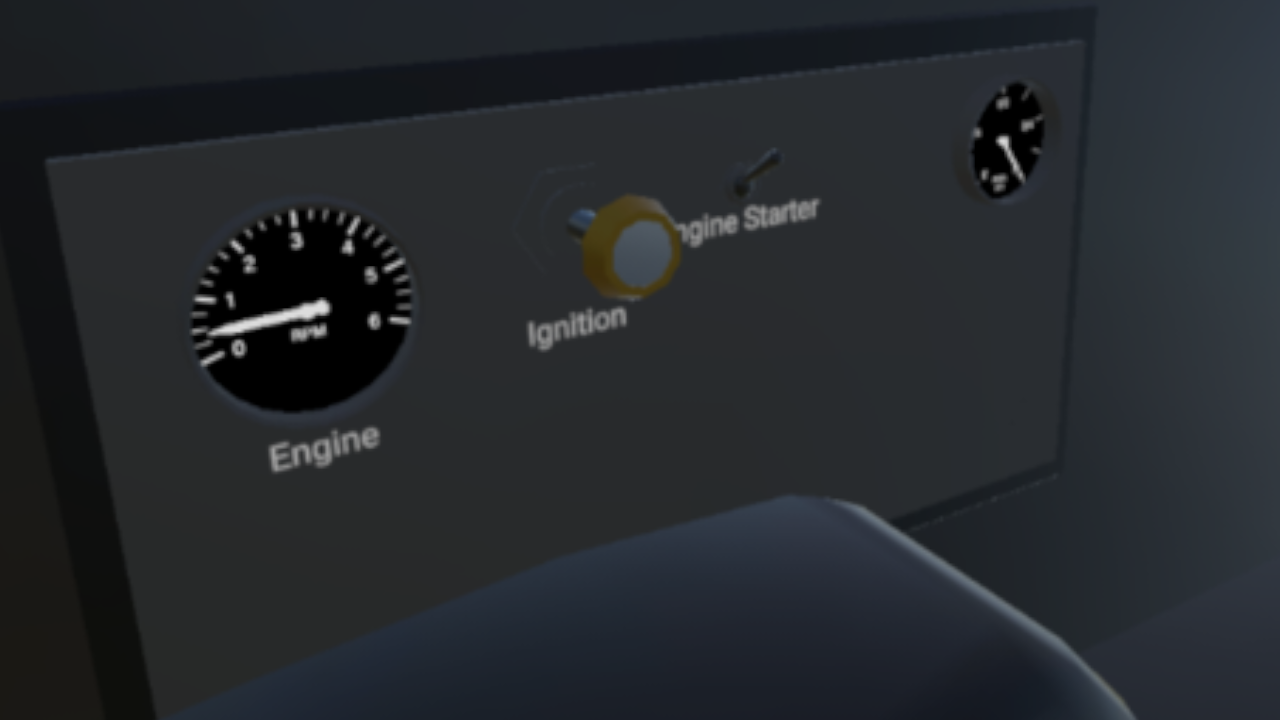
Illustration:

Blueprint:

Have Fun!
Specifications
Spotlights
- dabestsock 1.3 years ago
General Characteristics
- Created On Android
- Wingspan 50.7ft (15.4m)
- Length 50.0ft (15.2m)
- Height 17.1ft (5.2m)
- Empty Weight 966lbs (438kg)
- Loaded Weight 6,385lbs (2,896kg)
Performance
- Horse Power/Weight Ratio 0.501
- Wing Loading 14.3lbs/ft2 (69.6kg/m2)
- Wing Area 447.6ft2 (41.6m2)
- Drag Points 8346
Parts
- Number of Parts 230
- Control Surfaces 7
- Performance Cost 1,078

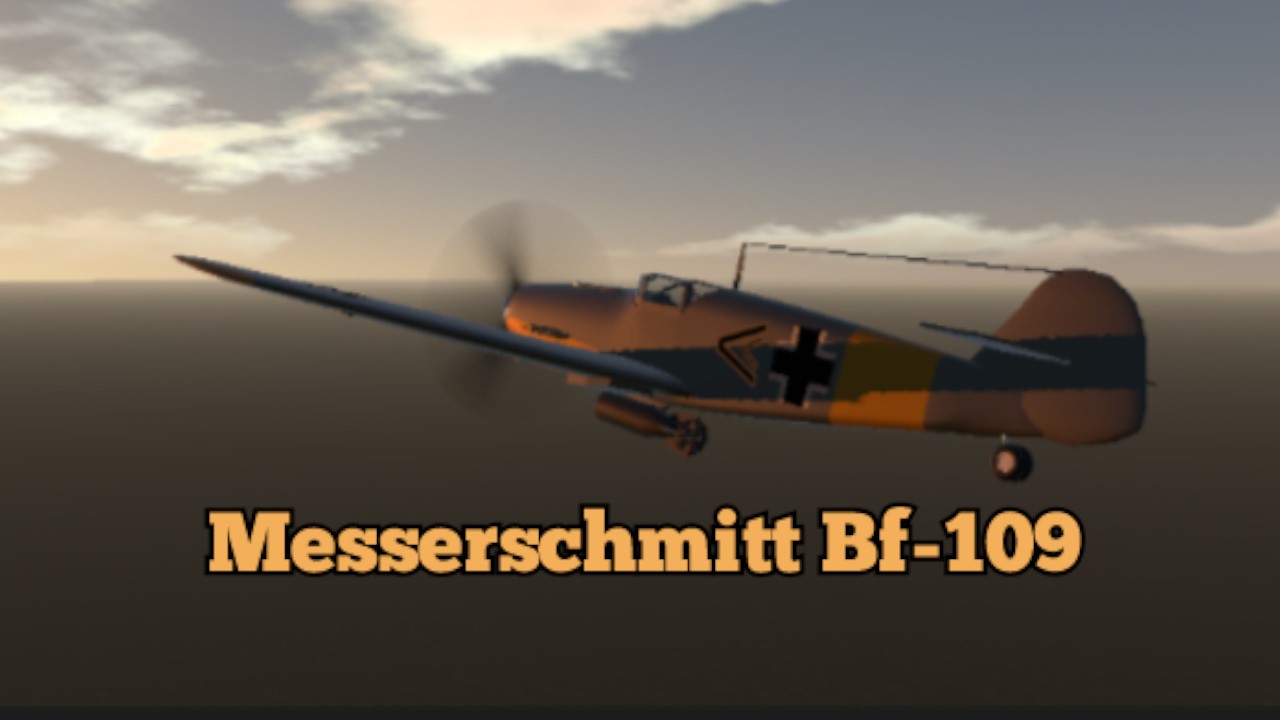
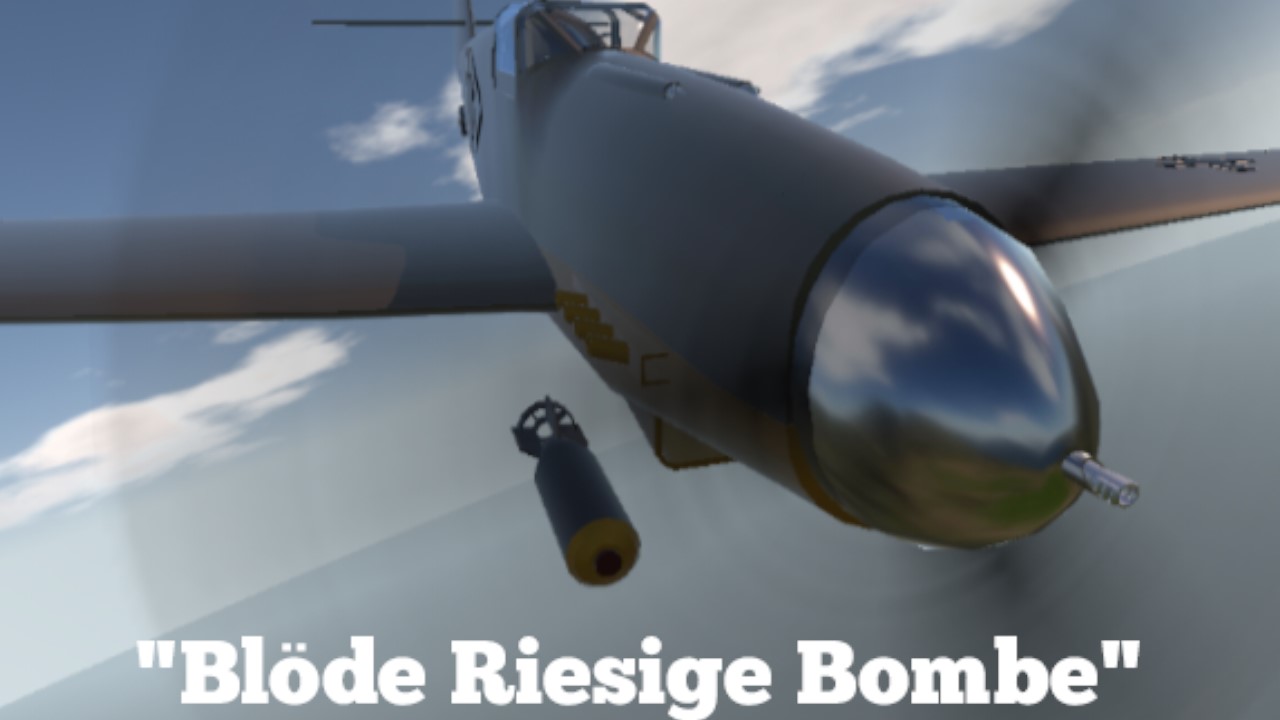
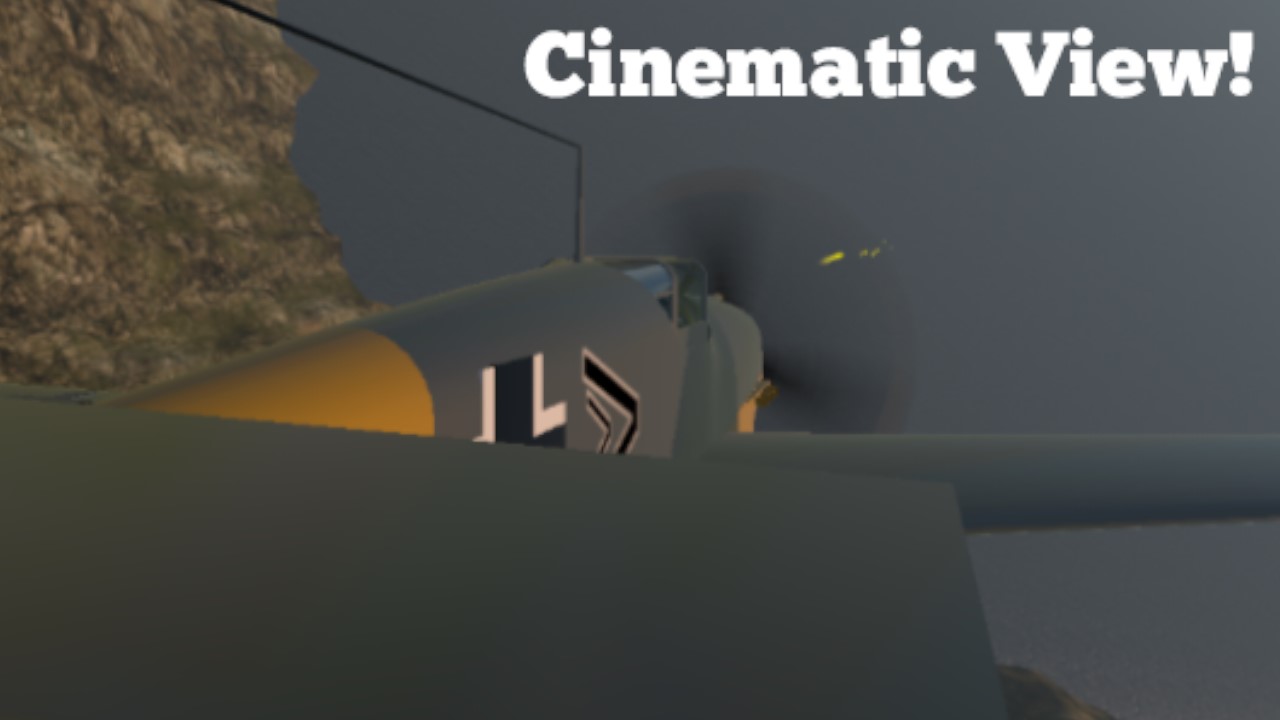
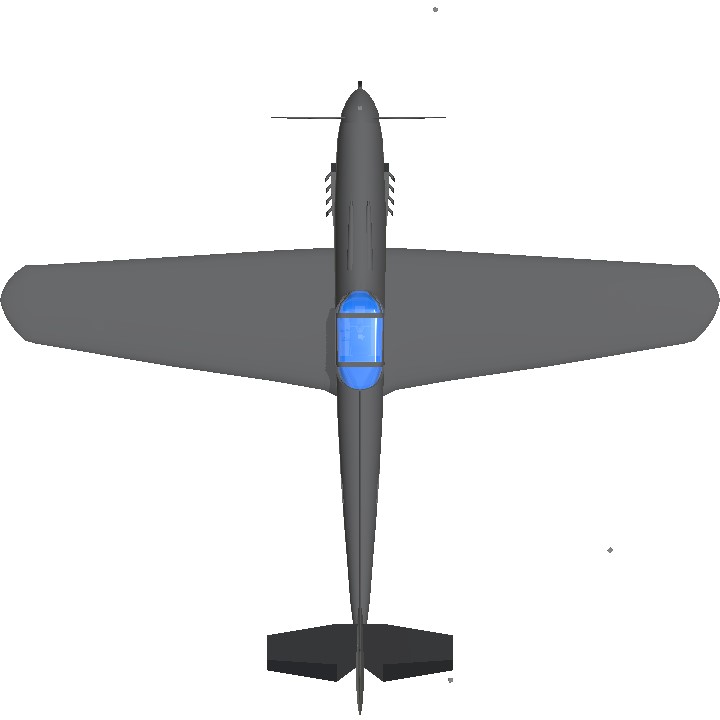
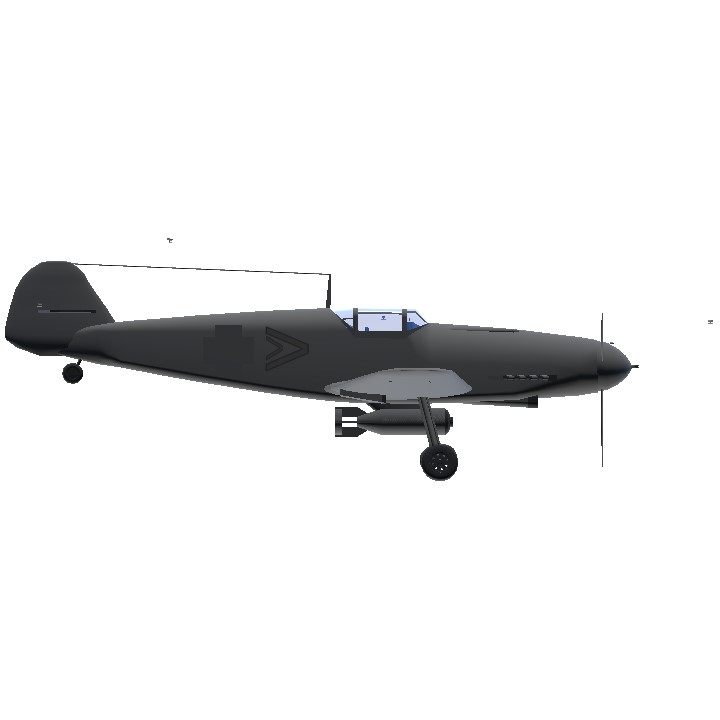
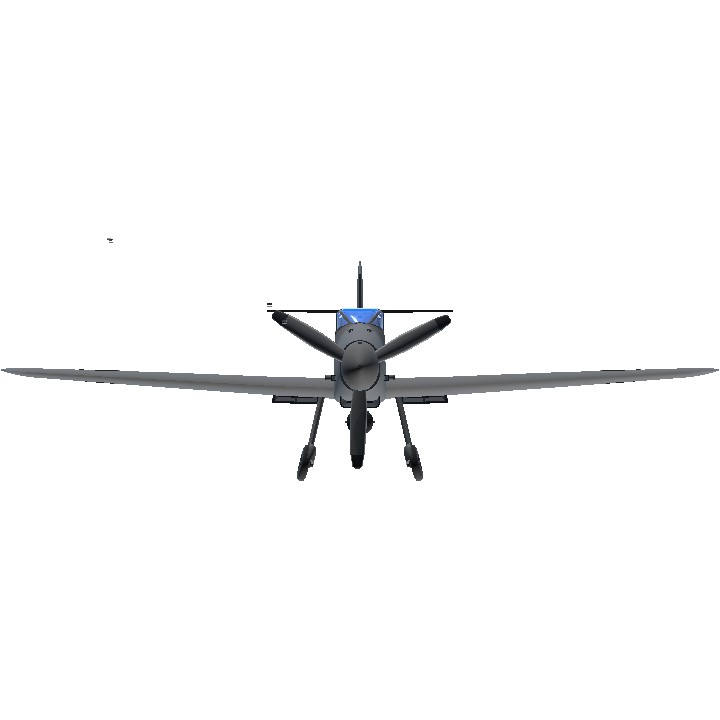
@NermalTheBoy20 ok
@dabestsock , I gonna try it!
@NermalTheBoy20 can you make livery like this
Avia S-19
Thanks, @Ra1ver !
Best Bf-109 ever UPVOTE!!
I forgot to put the landing gear retract lever, sorry. 😅😅
why is the...
why...
why is the spinner egg shaped
Thank you, @dabestsock !
Great job 👍👍👍